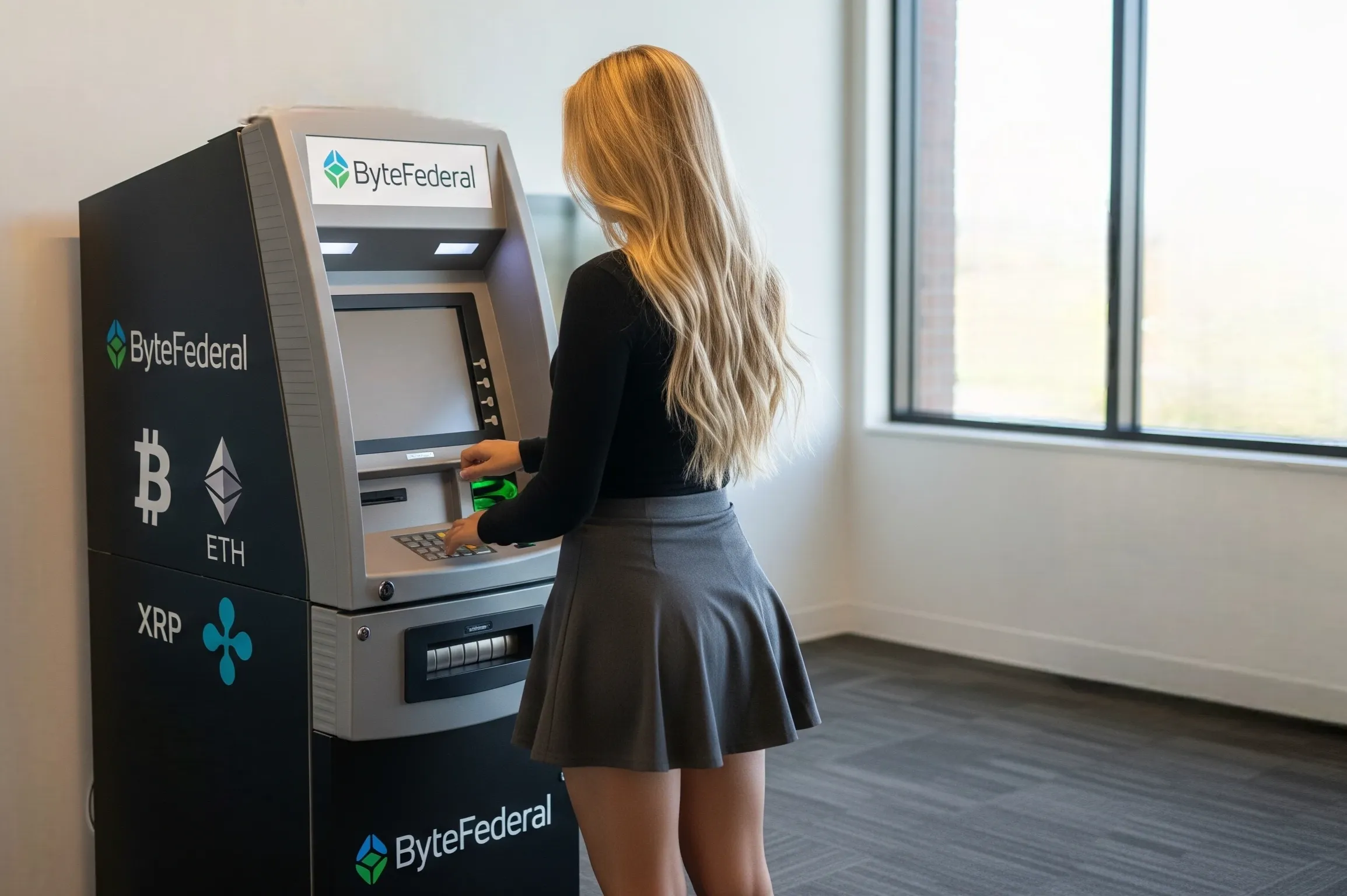Buying a home in Texas today looks very different from just a few years ago. With rising home prices, shorter sales cycles, and a tech-savvy generation of buyers entering the market, traditional payment methods are no longer meeting the demands of modern buyers. This article explores the smart payment tools that are changing how Texans buy homes.
Why Payment Flexibility Matters in the Texas Market

Homebuyers in Texas already have access to a wide range of payment options. They range from conventional bank loans and mobile escrow transfers to emerging tools such as digital wallets and cryptocurrency.
For example, you can withdraw crypto at a ByteFederal ATM, making it easier to access digital funds for transactions.
Below are the key reasons payment flexibility plays such a critical role in the current Texas housing landscape.
Rising Property Values and Buyer Expectations
Home prices across Texas have increased significantly over the past few years, with major cities like Austin, Dallas, and San Antonio experiencing some of the steepest spikes due to high demand, limited inventory, and ongoing population growth. This growth puts pressure on buyers to access larger sums quickly, whether for earnest money, down payments, or closing costs. Flexible payment options help buyers move quickly when needed.
Supporting Diverse Buyer Profiles
Texas attracts diverse homebuyers, from first-time homeowners to remote tech workers and out-of-state investors. Each group brings its own financial situation and preferences. Some may rely on government-backed loans or down payment assistance programs, while others may use crypto assets, private lending, or digital banking platforms. Flexible payment systems cater to these diverse profiles, enabling buyers to engage with the market in ways that reflect their resources and financial planning strategies.
Key Technologies and Tools Powering Smarter Homebuyer Payments

Escrow Payment Portals
Title companies or escrow services manage these online systems. They allow buyers to transfer earnest money, down payments, or closing funds directly to an escrow account. Instead of writing checks or initiating manual wires through a bank branch, buyers can log into a secure portal, confirm transaction details, and complete payments from home.
These platforms also provide payment confirmations and clear timeframes, reducing the risk of delays or miscommunication between agents, lenders, and closing teams. In a state like Texas, where transactions often move quickly, being able to send funds immediately while maintaining proper documentation helps keep the deal on track.
Mobile Wire Transfer Services
Mobile wire transfer services enable buyers to complete time-sensitive payments without being tied to a physical bank location. These tools are often offered through mobile banking apps or fintech platforms and support the transfer of large amounts, like closing funds or final balances within a matter of hours. In competitive Texas markets where sellers may accept backup offers, a delay in payment can jeopardize a buyer’s position.
Mobile wire services provide real-time tracking and fraud prevention features such as identity verification and two-factor authentication. Buyers can also initiate transfers outside of banking hours or while traveling, which adds convenience and helps them meet strict contract deadlines. This level of accessibility is helpful in fast-paced urban centers like Austin or Dallas.
Digital Wallet Payments
Homebuyers can pay for smaller transaction-related costs, such as home inspections, property appraisals, or service deposits for things like pest control, surveys, or staging using digital wallets. Apps like Apple Pay, Google Pay, PayPal, and Zelle enable immediate fund transfers using only a phone number or email.
For homebuyers in Texas working with multiple service providers, the ability to pay securely and quickly improves communication and prevents administrative delays. These tools play a key role in managing the supporting costs of the purchase process, although they are unsuitable for escrow or closing payments due to transaction size limits.
Cryptocurrency Payment Gateways
Homebuyers who hold cryptocurrency can use specialized payment gateways to convert digital assets into U.S. dollars and transfer the funds to a title company or escrow provider. It’s a practical way to use crypto for real estate without going through the usual liquidation steps.
In some cases, sellers may accept cryptocurrency directly, depending on the transaction structure and compliance requirements. These gateways often include features such as identity verification, transaction tracking, and secure currency conversion, helping buyers complete payments safely.
Multi-Source Payment Platforms
Homebuyers can combine funds from several accounts or payment methods into a single transaction. For instance, they can pull from checking accounts, savings, credit cards, or digital wallets instead of relying on one bank account or waiting for transfers between financial institutions.
The platform pulls everything together and sends the full payment to the escrow company or title office. This solution helps buyers who face bank transfer limits or need to make large payments within a short timeframe.
Real-Time Payment (RTP) Networks
These networks allow banks to transfer money instantly between accounts, even outside normal business hours. RTP ensures the funds move and settle within seconds unlike traditional wire transfers or ACH payments that may take hours or days. For buyers working with tight contract timelines or late-day deadlines, this speed and certainty can prevent last-minute disruptions and keep the transaction on track.
Conclusion
Smart payment solutions are helping homebuyers in Texas complete real estate transactions more efficiently and with fewer delays. These solutions give buyers more control over how they send, schedule, and confirm payments during the transaction process. With faster transfers and more flexible options, buyers can meet deadlines without unnecessary delays. These systems also reduce the risk of fraud and confusion during high-value transactions.